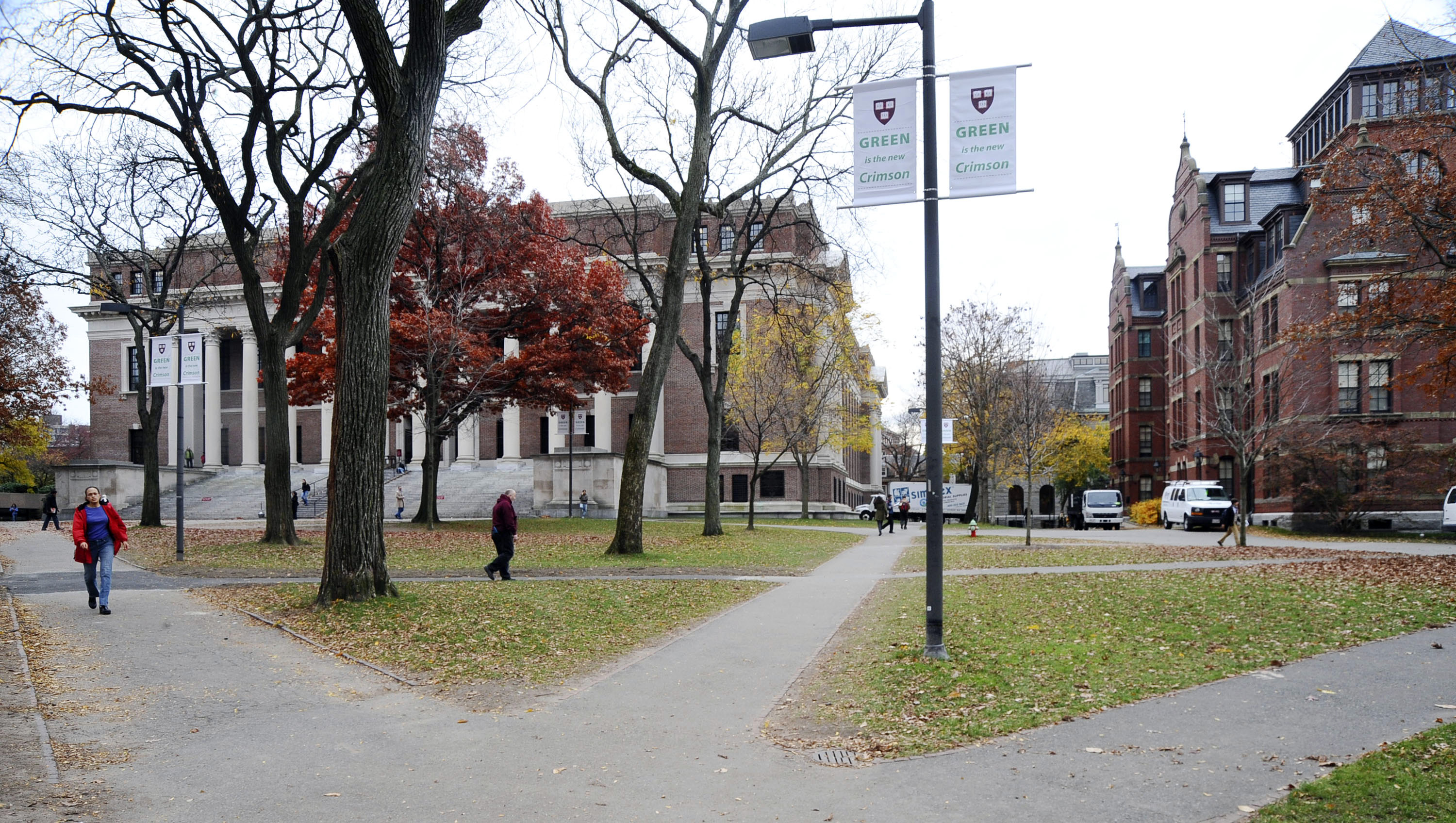The Week in Fact-Checking is a newsletter about fact-checking and accountability journalism, from Poynter's International Fact-Checking Network & the American Press Institute's Accountability Project
The unexpected ‘architects’ behind fake news campaigns
Two curious researchers who wanted to get behind the scenes of disinformation campaigns in the Philippines were surprised at who they found there. It turns out the country’s advertising and public relations executives are playing a key role in disseminating misinformation, hiding in plain sight behind an army of highly organized freelancers. Read a summary; download the full report.

This is how we do it
- More technology schools around the world are offering courses in digital ethics and misinformation, The New York Times reports.
- NPR interviewed ProPublica about its new Political Ad Collector tool, which The Guardian is promoting for use by Tasmanians, South Australians and Victorians.
- PolitiFact made their methodology more transparent, in keeping with other fact-checkers around the world. (And ICYMI, PolitiFact has moved its headquarters to Poynter, earning a not-for-profit designation.)
This is bad
- “Involuntary pornography” has serious consequences that go beyond embarrassing the innocent, says TechCrunch. But The Verge says we’re not powerless in this battle against “deepfakes.”
- When fact-checking is fake and self-serving, it muddies the waters. Here’s a new example from a political campaign in Missouri.
- A judge might be deciding what is fake news in France. Oof.

A closer look
- The author of that much-talked about (now-declassified) memo on Russian meddling in the 2016 U.S. election is being targeted by bots and trolls.
- The British Digital, Culture, Media and Sport select committee went all the way to George Washington University to grill tech officials on misinformation last week. Here’s a roundup of what they learned.
- You can teach people how to identify fake news, but you can’t make them feel like doing it. Read Jon Christian’s essay in The Outline.
If you read one more thing
Salon writes about the rise — and maybe the fall — of WorldNetDaily, one of the “original purveyors of right-wing schlock.”
Quick fact-checking links
Both liberals and conservatives fell for conspiracy theories about a Russian plane crash, BuzzFeed News reported. // Researchers write this week that the political power of bots and echo chambers isn’t as widespread as you might think. // A fake tweet about the new Snapchat update became one of the most retweeted of all time. // Lavoce.info won the IFCN’s flash grant for Italy. // A viral photo of a massacre in Nigeria is at least eight years old. // Are we heading toward an “information apocalypse?” // PolitiFact announced a new reader representative after botching its first hire. // Twitter reiterated a tired catchphrase on fake news last week. // An Arizona Senate candidate brags about an endorsement from a fake news site. // Unilever threatens to pull ads from Facebook until it can get a grip on fake news and other problems. // BuzzFeed News is keeping track of hoaxes about the shooting at a South Florida high school. // First Draft and The Shorenstein Center are looking for a program director on misinformation. // The TV News Archive rolls out more search tools.
Until next week,







